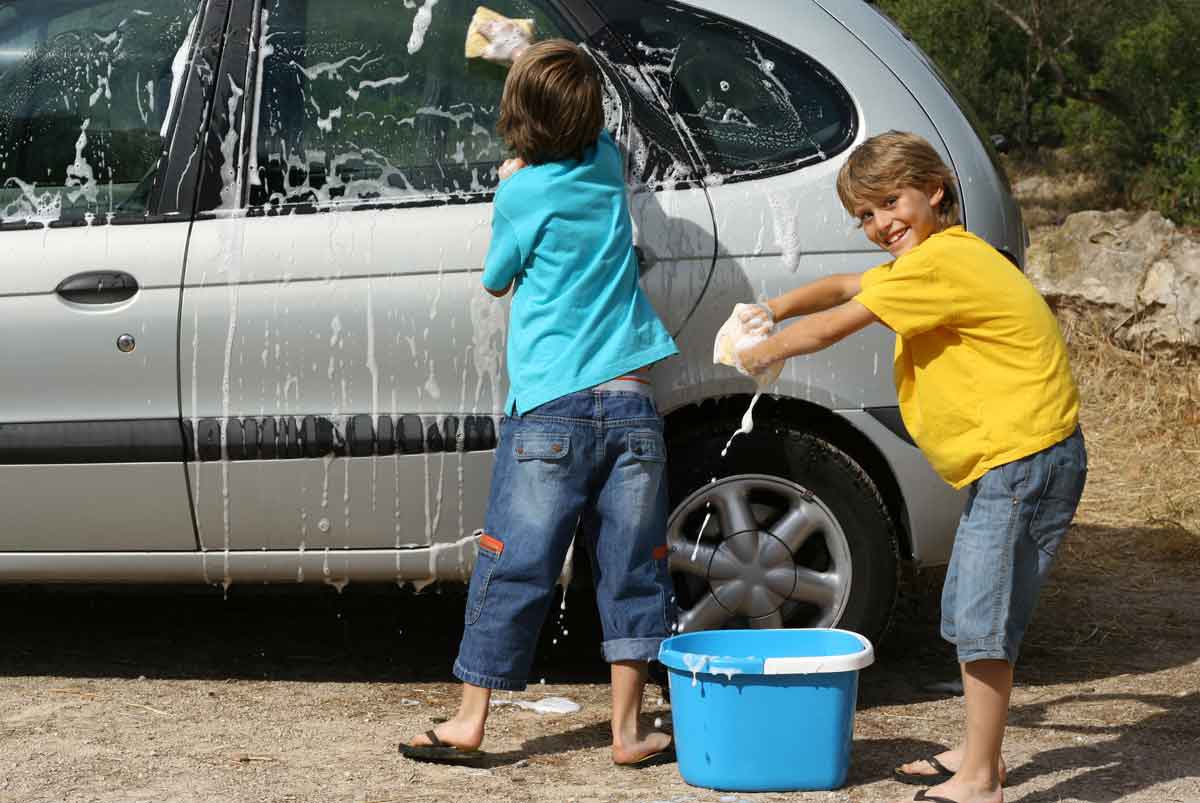
Why happy kids do chores, worried my daughter is just like me, boys need friendships, and giving VET an image-makeover.
Our selection of thought-provoking and useful articles from around the web on educating and raising children.

Happy Children Do Chores
(Natalie Andrewson, The New York Times)
Does your child help around the house? Or are they too busy, with the excuse of homework or sports? If it’s the latter, they are missing out on valuable developmental and social skills, which contribute to their emotional wellbeing. Being part of running a household helps children develop an awareness of the needs of others, and reinforces a connection to their parents, which in turn helps them deal with life’s stresses.
I worry my homebody teen is too much like me. But she has something I didn’t have at her age
(Debby Berman, The Washington Post)
It’s Saturday night, and your teen daughter has decided not to go to a party. When you find out, you offer to drive her. She says no. Later, you’re in her room, begging her to attend, but to no avail. This is the scenario described by the author, who finds herself concerned that her daughter is just like the teenager she was – anxious, preferring to stay at home, a teen who never partied or touched trouble. But as the author discovers, her daughter is different.
Why friendships are important for boys’ health
(Maryam Abdullah, Greater Good Magazine)
The author watches her three-year-old having fun with his playmates, and hopes that as he gets older, he will experience great friendship, and the joys and opportunities for growth that it brings. Now science agrees, with a new study published in Psychological Science showing that boys’ friendships can also lead to better health. The study began with more than 250 six-year-olds in the 1980s, and tracked them over time. Men who spent more time with their friends had better health.
We need to change negative views of the jobs VET serves to make it a good post-school option
(Stephen Billett, The Conversation)
Vocational Education and Training (VET) has an image problem. In an era of high aspiration, writes the author, VET is only considered as an option for those unable to make it to university. ‘This undermines VET as a viable and effective post-school pathway – the one most frequently trod by young people in countries such as Britain, Germany and Switzerland.’ In Australia, there’s negative perceptions about the jobs for which VET trains people. It’s time those views changed, recognising VET as a good option for students and parents to consider.
Like this post? Please share using the buttons located on this page.
Subscribe to The Parents Website


